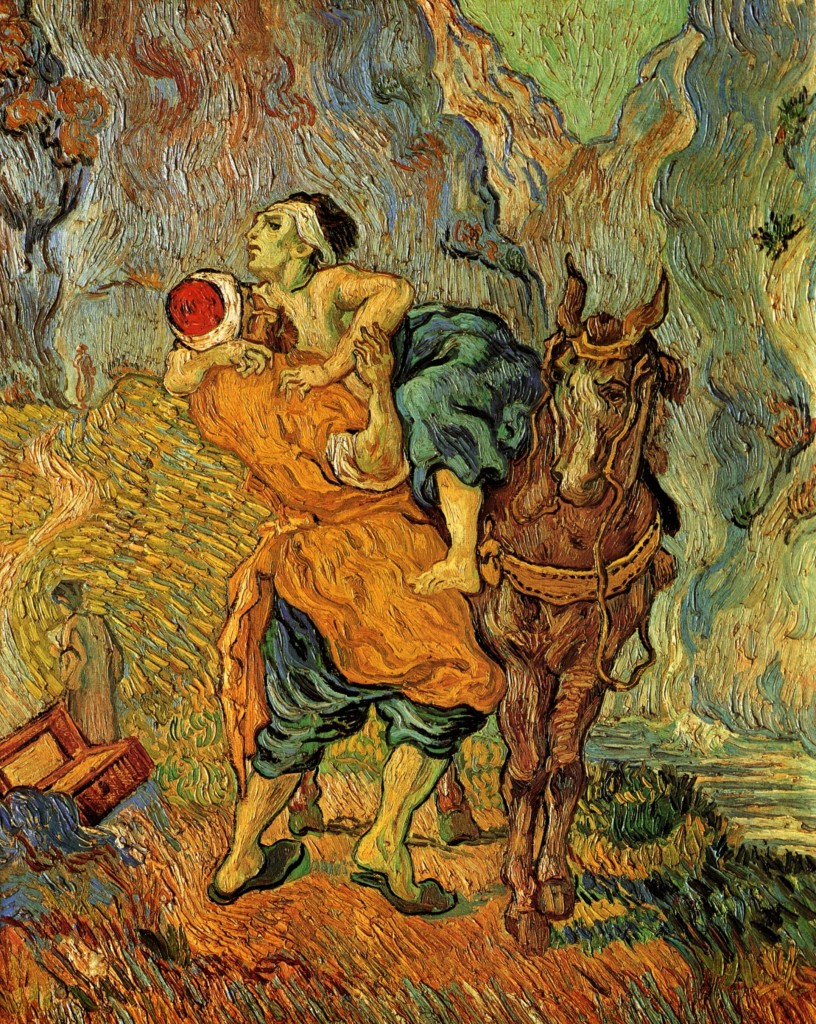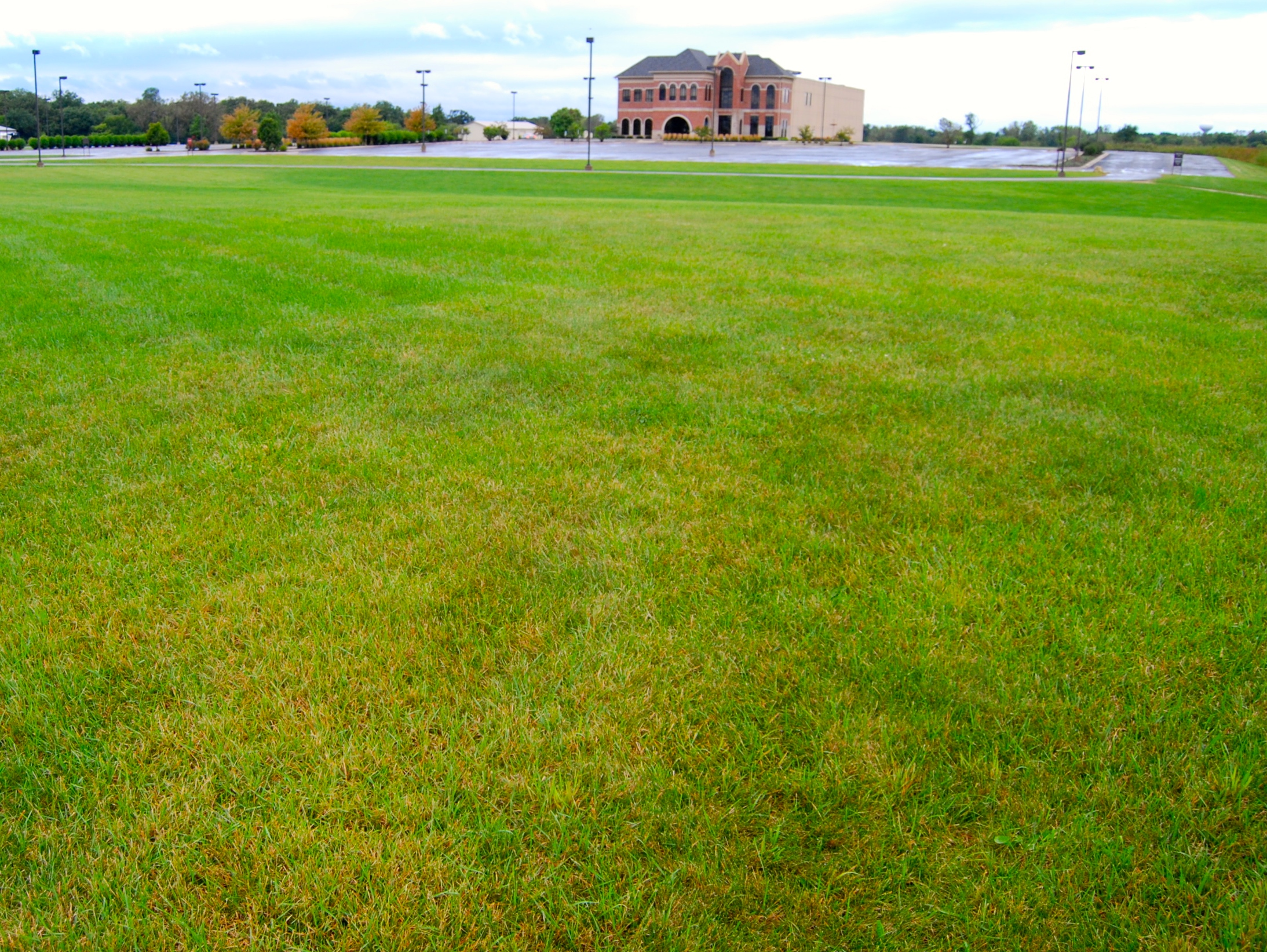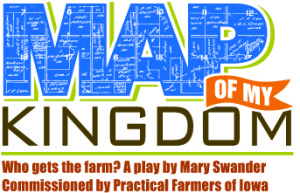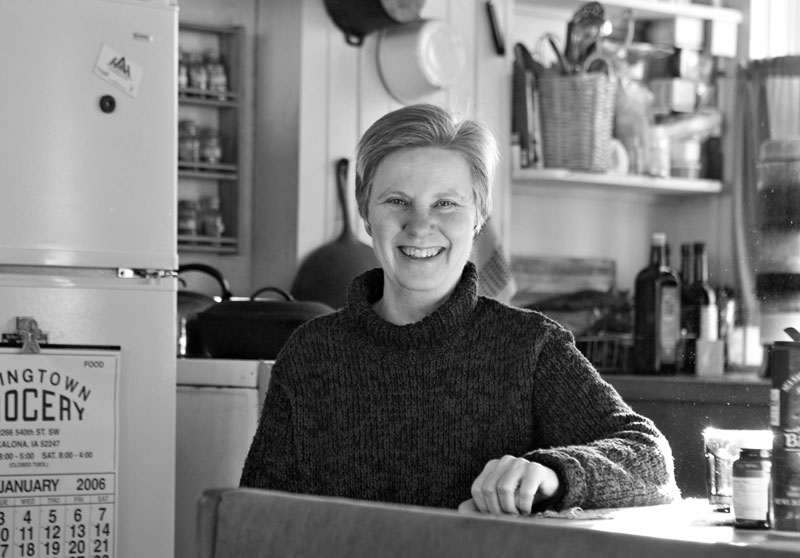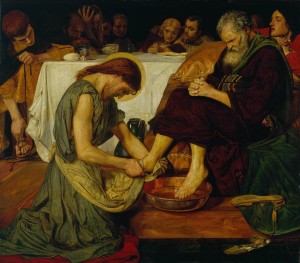A friend recently spoke highly of a church in our area that we were not familiar with. When I went to their attractive web site and looked at their statement of beliefs, I was surprised that I was not surprised when I could not find one word that referred to the ongoing importance of God’s earth to God or humanity’s responsibility to steward it.
Not one word.
It’s as if the world around us doesn’t exist, and God’s matter does not matter.
This absence, much less the belief of some Christians that the world is ours to plunder, has provoked me to anger and frustration in the past. And, if I am honest, I must admit there are still some stirrings of those emotions in my heart as I write this even now. But I have had to ask myself: “How can you continue to be surprised when you have clearly seen that the absence of a lively and thoughtful concern for God’s Creation is the norm among churches and Christians? And what does anger and criticism, unaccompanied by tangible impact, accomplish?”
I’ve come to realize that I need to move forward in a different way. I hope you’ll bear with me as I try to explain where I believe I need to go.
Let’s start with realities.
Reality #1: The DNA of almost all churches, the mix of their fundamental beliefs and culture, does not include God’s earth in any meaningful way. In Psalms 36:6, we read: “Your righteousness is like the highest mountains, your justice is like the great deep. You, Lord, preserve both people and animals.” Do Christians and churches hunger for a righteousness that includes animals and the condition of Creation? No.
Reality #2: Christians who are convinced that a whole life of Christian love must include thoughtful and even sacrificial stewardship of God’s earth tend to be small minorities in churches. They often face scrutiny and questions. They are not free to fully express a whole Christian life. They do not have the impact they could if they united their energies and resources with other Christians with the same convictions.
Reality #3: I would assert, too, that the Christians and Christian groups that I see out there who speak out about the imperative to care for God’s earth are generally not strong enough and ambitious enough in their message. With all due respect for their ideals and efforts, they seem too concerned about not offending anyone and staying carefully within the bounds of mainstream Christian history and culture. They hope that gradual, incremental changes by individuals and churches will somehow make a difference over time. There is a place for that, but they do not ask enough of their fellow Christians. The scale of their efforts and ideas are not matching the scale of the problem.
Reality #4: Year after year, decade after decade, century after century God’s earth finds itself, on the whole, in retreat and in chaos and under assault. Creatures have disappeared and are disappearing from the face of the planet. Human activity is throwing our very climate into chaos. And too often Christians are not part of the brave, enterprising efforts being made by people around the globe to protect, renew, and restore God’s earth.
Looking at this reality, I’ve come to two conclusions.
First, while there is a role for criticism and speaking up prophetically, I believe it is less than productive to spend too much time in anger. I won’t deny my frustration and despair but I am going to do my best not to dwell on them or dwell in them. My plan is to engage in strong criticism only when it is strategic.
Second, I will use my frustration and the strong sense that the Church has missed something fundamental as motivation to pour the energies and time I have left to do what I can to bear positive fruit. I will do what I can tangibly to play a role in renewing God’s earth in practical, tangible ways. I will also do what I can to support and engage other Christians in doing tangible things.
I’m blessed to have the opportunity in my day job to do work to advance sustainable agriculture and land conservation. I will do my best in that work.
Another practical fruit I’d like to bring forth is fellowship for Christians who are committed to earth stewardship and who are actively carrying it out in their lives. As I mentioned earlier, Christians who care about God’s earth in a passionate way are often a minority in the churches to which they belong. I want to connect them with others so that we all be inspired and our convictions reinvigorated. Ideally, this fellowship would also lead to pooling of energies and resources that lead to organized action that would have far more impact than we are having individually.
Along those lines, I am also intrigued by the idea of pooling Christian giving to support large-scale and small-scale efforts to steward Creation well. Most Christian giving goes to churches, education, and social services. These are all vitally important. But living up to our fundamental responsibility to keep the earth should be generously and sacrificially supported as well.
My hunch is that much good could come from launching a foundation that would be a catalyst for expanded Christian giving in this area and that could also help Christians better understand where their giving could make the most difference.
This next idea might seem out of place in this list of actions but I don’t think it is. I feel pulled in the direction of creating stories. Over the past years a number of ideas for stories that would imaginatively and provocatively explore what a whole Christian faith would look like and what fruit it would bear have come to me. Of course, nothing seems less tied to real-world impact than retreating to a room to type words in a story (or blog post) that may never be read. Yet, stories are at the core of what means to be human. We interpret our lives as stories. Stories can inspire us. Stories can challenge us as Jesus’ parables did. They can cast new light on our view of reality as the story Nathan told David did. I would love to add to our compelling stories, in both books and film, of Christians tenaciously and creatively renewing God’s earth to the best of their abilities.
Finally, and this may be the most challenging of ideas, I believe Christians should be pioneers in creating local experiments in culture and economy that express a whole faith. The Amish and the desert fathers and their monasteries are examples to learn from. I dream of being part of a Christian community that is tied to a particular piece of land in a deep relationship of restoration, renewal, and productive use. There would be habitat. There would be farming. There would be green burials. There would be music, teaching, social gatherings, and a vibrant model for a whole Christian faith expressed in a whole Christian life of community.
As for this blog, I will use it for sharing news and lessons and insights from these directions I am taking while occasionally taking it on other directions as well. I will also use it for profiling and learning from Christians and non-Christians about how to care for God’s earth.
Interestingly enough, I’ve recently come across two passages from two very different sources that share this theme of a call for action.
In Restoration Agriculture, Mark Shepard calls for a new kind of agriculture that integrates perennial plants and domestic animals in ways that build soil, create habitat, and offer abundant food in the form of fruits, nuts, mushrooms, and meat. In his last chapter he calls for action and says way too much time and energy is spent in writing blogs (!) and books. Here’s one section:
“If after reading this book you decide not to implement at least some of the strategies in it, you might as well dig a hole, toss the book in it, then plant a hickory tree. The book will at least have done some good. Better yet, give this book to someone who will actually do something.”
And in the Gospel of Matthew Jesus says:
“Therefore everyone who hears these words of mine and puts them into practice is like a wise man who built his house on the rock. The rain came down, the streams rose, and the winds blew and beat against that house; yet it did not fall, because it had its foundation on the rock. But everyone who hears these words of mine and does not put them into practice is like a foolish man who built his house on sand. The rain came down, the streams rose, and the winds blew and beat against that house, and it fell with a great crash.”
Both of those messages shake me. They rattle my cage where I too often find myself sitting and deliberating on exactly what are the right and proper things to believe. The key word is “sitting.” I am too often sitting with deeds and actions left undone.
I know my convictions and I believe you know yours, too. They need to take root in particular places and in specific actions.
Let our rooting begin.


